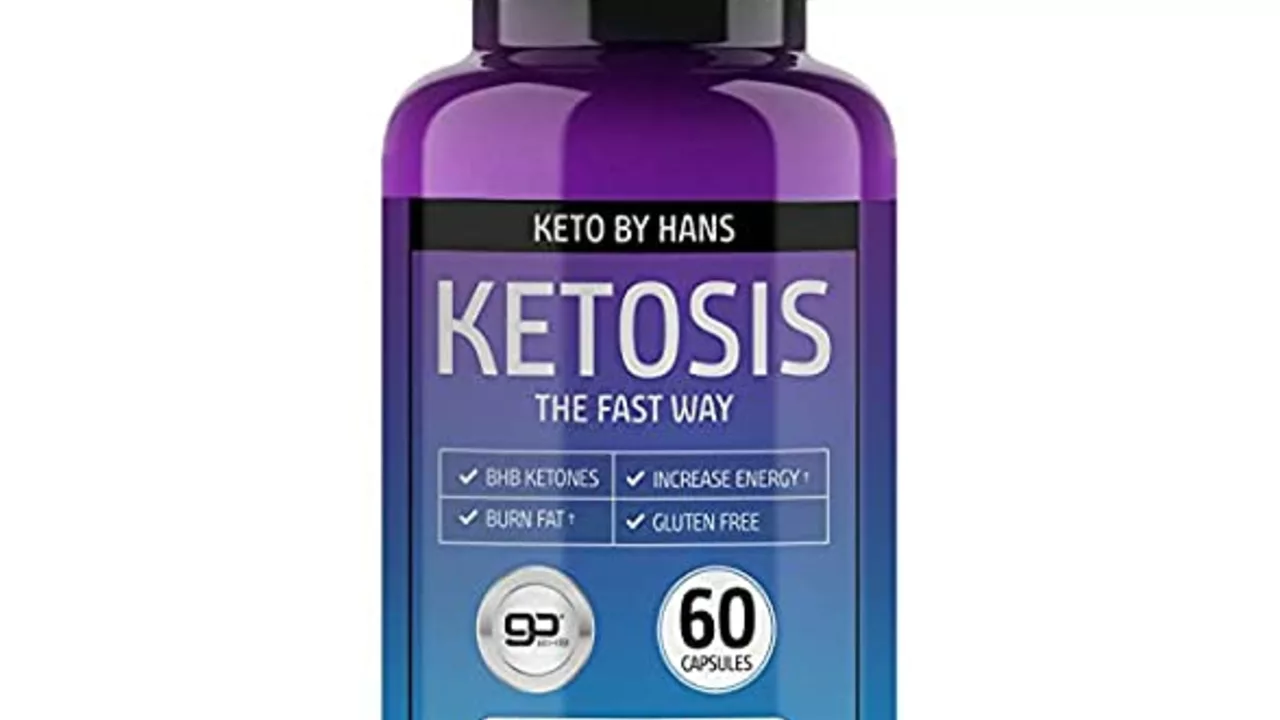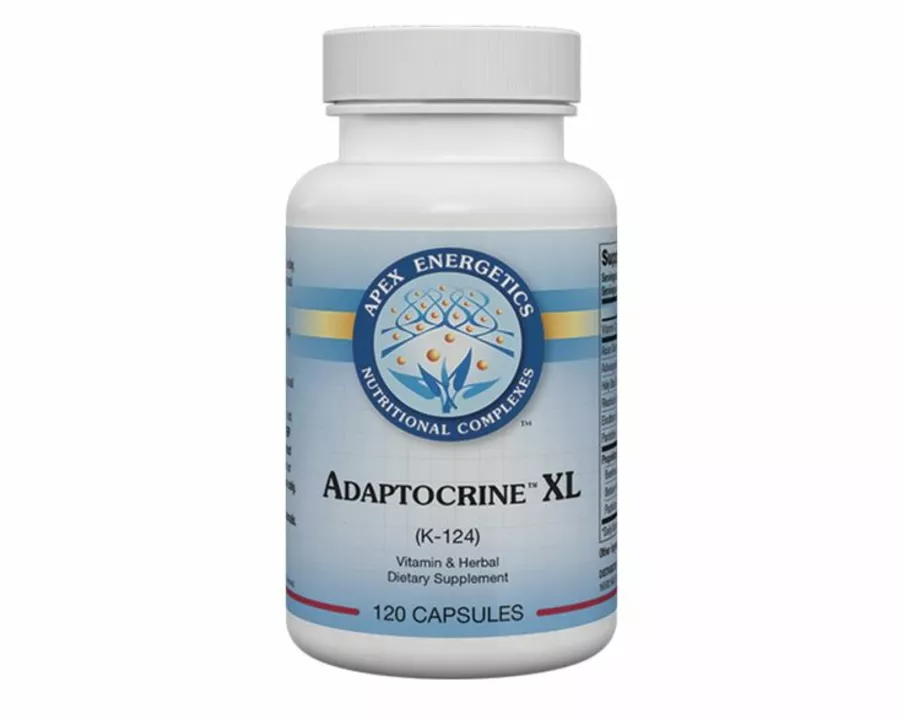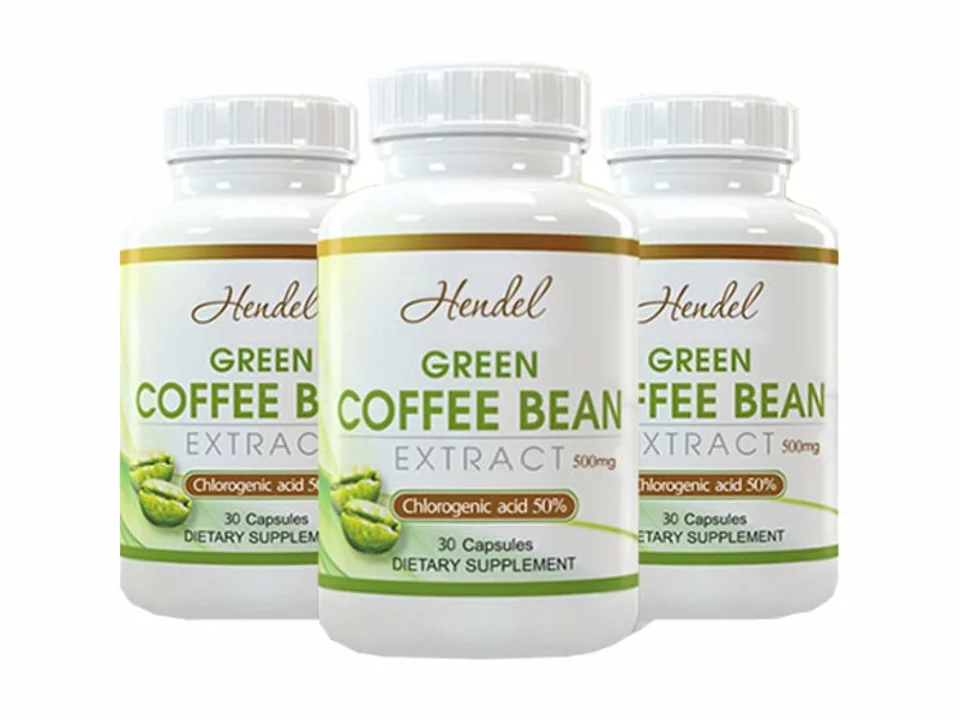Dietary Supplement Guide: what works, what to watch for
Thinking about a supplement? Good — but don’t buy on a hunch. Supplements can help fill gaps in your diet, support sleep, mood, joints, or immunity, but they also have risks: bad batches, interactions with meds, and false claims. This short guide helps you pick smarter, safer options and points out common traps.
How to choose a supplement that’s worth your money
Start with a clear reason. Are you low on vitamin D, trying to manage weight, or exploring a plant extract like graviola? If you don’t have a specific need, a basic multivitamin and a protein supplement often make more sense than trendy herbs. Look for ingredients backed by clinical data — omega‑3s, vitamin D, probiotics, and protein have solid evidence. Newer or niche plants (for example, tansy or rusty‑leaved rhododendron) may sound promising but often lack strong human trials. Treat those as experimental and read the latest research before committing.
Check the label. Serving size, active ingredient amount, % daily value, and a full ingredient list matter. Avoid products with vague terms like “proprietary blend” that hide doses. Prefer single‑ingredient products if you want a predictable effect and easier interaction checks.
Safety checks: third‑party testing, dosing, and interactions
Find third‑party testing seals such as USP, NSF, or ConsumerLab when you can. Those seals don’t guarantee miracle results, but they do reduce the risk of contamination and wrong-dose claims. Buy from stores or pharmacies with clear return policies and contact info — shady sellers hide behind anonymous sites and ultralow prices.
Dosage matters. More is not always better. Many vitamins and minerals have safe upper limits; fat‑soluble vitamins (A, D, E, K) can build up. Start with the lowest effective dose and track how you feel for a few weeks. If you’re on prescription meds, ask a pharmacist or doctor about interactions — supplements like St. John’s wort, some herbal stimulants, and large doses of certain minerals can alter drug levels.
Watch for red flags: grandiose health claims, “cure‑all” promises, or lack of ingredient transparency. If a product promises to replace a prescription or fix a chronic disease overnight, walk away. Also be cautious during pregnancy, breastfeeding, or when planning for surgery — many supplements are not safe in these situations.
Where to buy: prefer established pharmacies, reputable supplement brands, or well‑known retailers. If buying online, check shipping, storage instructions, and expiry dates. For specialty products mentioned on our site (like graviola or rhododendron supplements), read product reviews, cross‑check clinical notes, and consider speaking to a healthcare provider before starting.
Final tip: keep a simple record — what you take, the brand, dose, and any changes in symptoms. That log makes it easier to spot benefits or side effects and helps your clinician give better advice. Want specific product guides and research notes? Check our related articles on graviola, tansy, and buying tips across the site for hands‑on reviews and safety advice.






